Content by David Karki
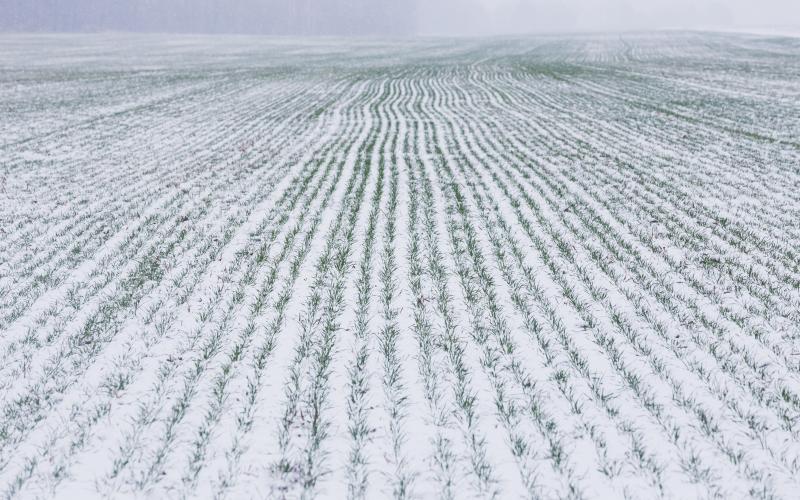
Effects of Snow on Wheat
Even though snow that comes with the onset of cool temperatures can be a nuisance for our daily activities, it can benefit a winter wheat crop a great deal.
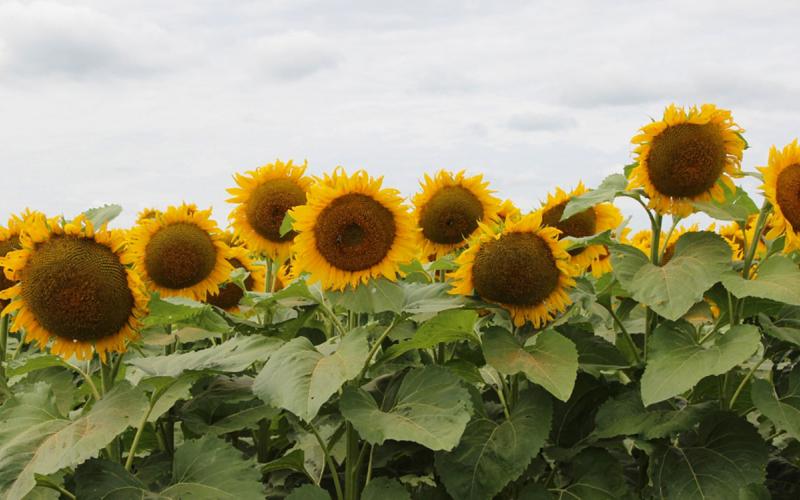
Sunflower Hybrid Variety Trial Results
In 2025, sunflower trials were planted in two locations in South Dakota.

Oat Variety Trial Results
In 2025, oat variety trials were planted throughout various locations in South Dakota.
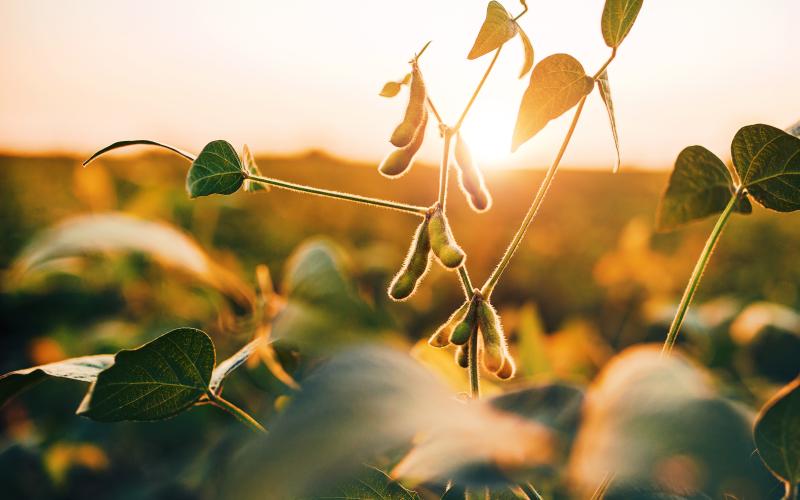
Soybean Variety Trial Results
Conventional soybean and soybean variety testing results for different locations across South Dakota.
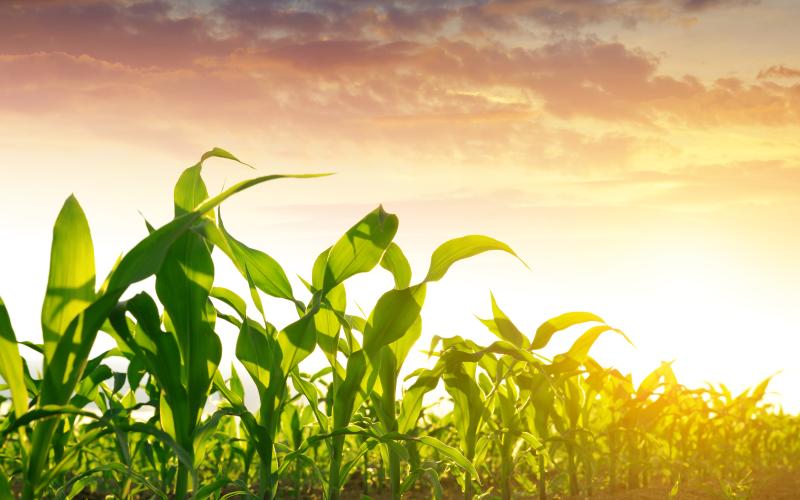
Corn Hybrid Trial Results
In 2025, corn hybrid and conventional corn hybrid trials were conducted at different locations throughout South Dakota.
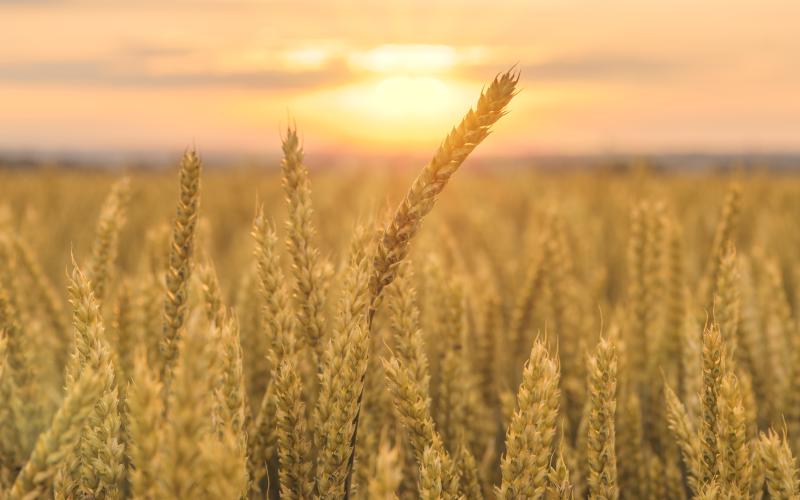
Spring Wheat Variety Trial Results
The 2025 spring wheat variety trials were planted throughout various locations in South Dakota.
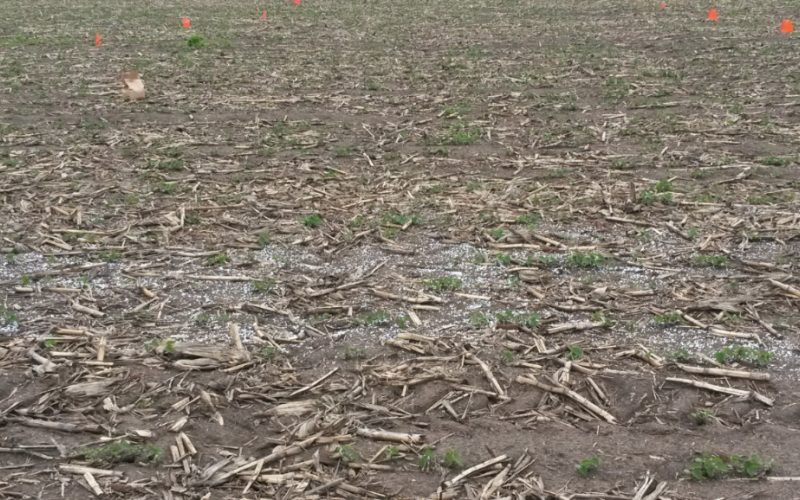
Application of Nitrogen Fertilizer in Soybeans
SDSU Extension conducted a study during the 2016 growing season at five Eastern South Dakota sites to evaluate the effects of added N fertilizer (as urea) on soybean yields.
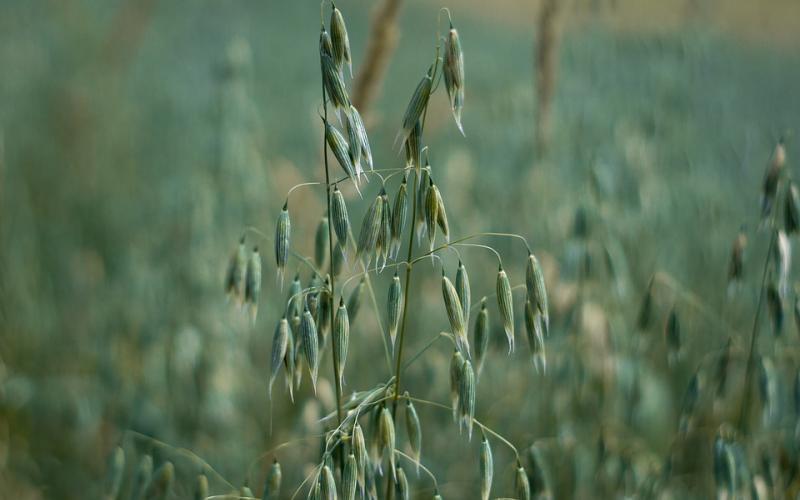
Using Plant Growth Regulator in Oats Grown for Grain
With growers’ interest emerging, SDSU Extension and research faculty teamed up and initiated a study in 2016 in Northeast SD to evaluate the effects of plant growth regulator. The study was conducted at the SDSU Northeast Research Farm (NERF) near South Shore, SD.
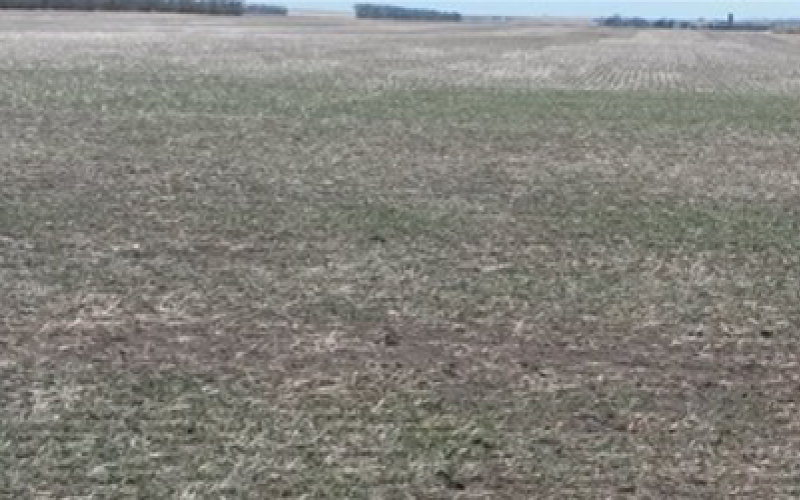
What Makes Winter Wheat a “Winter Wheat”?
For most of us wheat is wheat; however there is a distinct difference between spring and winter wheat, even though the vegetative characteristics of these two wheat types are very similar. Winter wheat can withstand freezing temperatures for extended periods of time during the early vegetative stage and requires exposure to freezing or near freezing temperature to trigger reproductive stage. In other words, if winter wheat does not go through a period of cold temperatures, then it will not produce seed. Two things needed for winter wheat to perform at optimally and produce good yields are- cold acclimation and vernalization.
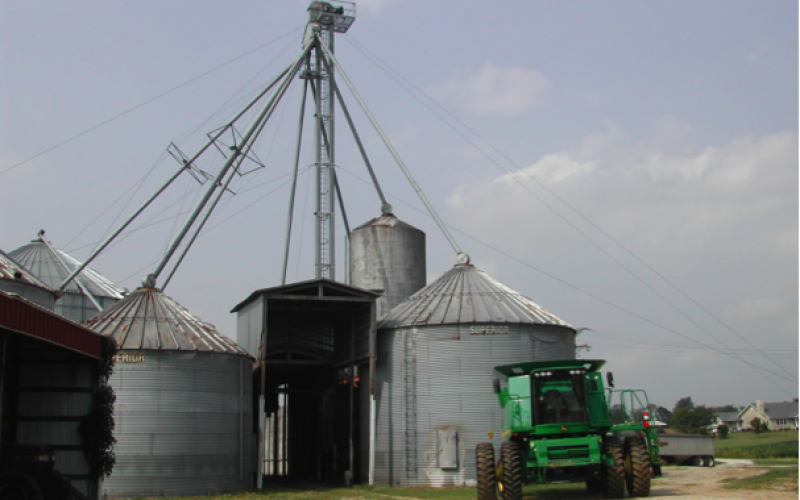
Soybean Drying and Storage
Why dry crop seeds artificially when they can be naturally dried in the field? Two major reasons are: i) allows harvesting when the crop is ripe and mature, and ii) proper storage that preserves seed quality.